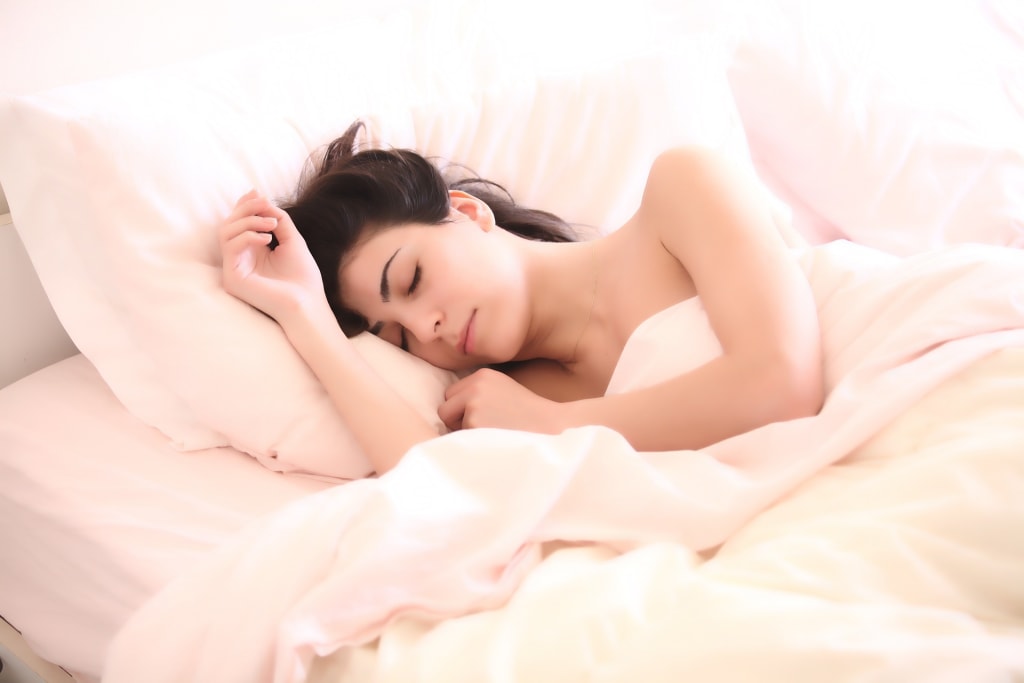Sleep
An essential bodily function that allows the body and mind to rest and recover.

Sleep is an essential bodily function that allows the body and mind to rest and recover. It is crucial for maintaining physical health, cognitive function, and emotional well-being. Unfortunately, many people struggle with sleep-related issues, which can have a significant impact on their overall health and quality of life.
The Importance of Sleep
Sleep is critical for physical health, as it allows the body to repair and regenerate cells and tissues. During sleep, the body produces hormones that promote muscle growth, repair damaged tissues, and support immune function. Lack of sleep has been linked to a range of health problems, including obesity, diabetes, cardiovascular disease, and weakened immune function.
In addition to physical health, sleep is also crucial for cognitive function. During sleep, the brain processes information and consolidates memories, which is important for learning and memory. Lack of sleep has been linked to cognitive problems, including difficulty with concentration, memory, and decision-making.
Sleep also plays an important role in emotional well-being. Lack of sleep has been linked to increased stress levels, anxiety, and depression. In addition, sleep deprivation can make it more difficult to regulate emotions and cope with stressors.
The Stages of Sleep
Sleep is a complex process that occurs in stages. There are two main types of sleep: non-rapid eye movement (NREM) sleep and rapid eye movement (REM) sleep.
NREM sleep is characterized by slow brain waves and decreased muscle activity. There are three stages of NREM sleep, with each stage being deeper than the previous one. During NREM sleep, the body repairs and regenerates cells and tissues.
REM sleep is characterized by rapid eye movements and increased brain activity. During REM sleep, the brain processes information and consolidates memories. REM sleep is also important for emotional regulation and creativity.
The Sleep-Wake Cycle
The sleep-wake cycle is regulated by a complex system of biological processes that are influenced by both internal and external factors. The primary internal factor that regulates the sleep-wake cycle is the circadian rhythm, which is a 24-hour internal clock that is controlled by the suprachiasmatic nucleus in the brain.
External factors, such as light exposure and social cues, also play a role in regulating the sleep-wake cycle. Exposure to bright light in the morning can help to reset the circadian rhythm and promote wakefulness during the day. In contrast, exposure to dim light in the evening can signal the body to prepare for sleep.
Sleep Disorders
Unfortunately, many people struggle with sleep-related issues, such as insomnia, sleep apnea, and restless leg syndrome. These conditions can have a significant impact on quality of life, as they can lead to daytime fatigue, difficulty concentrating, and decreased productivity.
Insomnia is a common sleep disorder that is characterized by difficulty falling asleep or staying asleep. It can be caused by a variety of factors, including stress, anxiety, depression, and certain medications.
Sleep apnea is a sleep disorder that is characterized by episodes of interrupted breathing during sleep. It can be caused by a variety of factors, including obesity, alcohol use, and certain medications.
Restless leg syndrome is a sleep disorder that is characterized by uncomfortable sensations in the legs, which can cause an irresistible urge to move them. It can be caused by a variety of factors, including iron deficiency, kidney failure, and certain medications.
Treating Sleep Disorders
Fortunately, there are a variety of treatments available for sleep disorders. For insomnia, cognitive-behavioral therapy (CBT) has been shown to be an effective treatment. CBT focuses on changing the thoughts and behaviors that contribute to insomnia, and can include techniques such as relaxation training, sleep hygiene education, and sleep restriction therapy.
For sleep apnea, continuous positive airway pressure (CPAP) therapy is the most common treatment.
About the Creator
Enjoyed the story? Support the Creator.
Subscribe for free to receive all their stories in your feed. You could also pledge your support or give them a one-off tip, letting them know you appreciate their work.





Comments
There are no comments for this story
Be the first to respond and start the conversation.